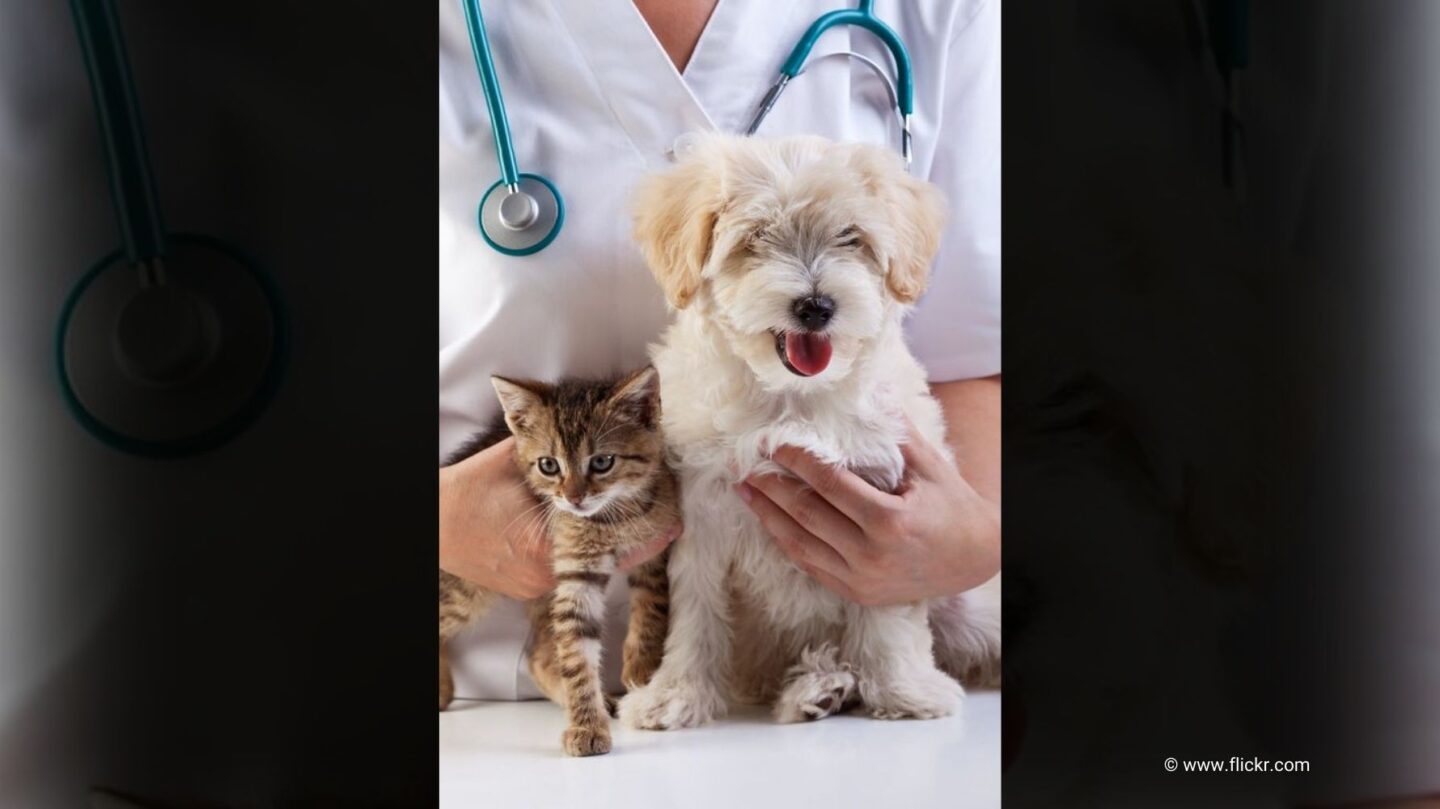The Foundation of a Healthy Life
Dogs are more than just pets; they are cherished members of our families. Ensuring their health and well-being requires regular care and attention, and one of the most important aspects of this care is routine veterinary checkups. These visits are essential for early detection of potential health issues, maintaining preventive care, and ensuring your dog’s quality of life.
Even if your dog appears healthy, regular vet visits can uncover underlying conditions that may not be immediately visible. Here’s why making vet checkups a priority is vital for your furry friend.
1. Early Detection of Health Problems
One of the primary benefits of regular vet checkups is the early detection of health problems. Dogs are masters at hiding discomfort or illness, which means issues can go unnoticed until they become severe.
During a routine exam, the vet will check for abnormalities in your dog’s weight, heart rate, breathing, and overall physical condition. Blood tests and other diagnostics may also be conducted to identify underlying conditions such as:
- Arthritis or joint problems.
- Dental disease.
- Heart or kidney issues.
- Parasites or infections.
Early detection often leads to more effective and less invasive treatments, potentially saving your dog from unnecessary suffering.
2. Keeping Vaccinations and Preventative Care Up to Date
Vaccinations are a cornerstone of preventive care, protecting your dog from dangerous and contagious diseases such as rabies, parvovirus, and distemper. During regular checkups, your vet will ensure your dog’s vaccination schedule is up to date.
Additionally, routine visits allow for timely administration of preventive treatments, such as flea and tick prevention, heartworm medication, and deworming. These measures help safeguard your dog from common but potentially serious health threats.
3. Monitoring Weight and Nutrition
Obesity is a growing problem among dogs and can lead to a variety of health issues, including diabetes, joint problems, and heart disease. Regular vet visits include weight monitoring, allowing your vet to identify and address any changes before they become a concern.
Your vet can also provide guidance on proper nutrition based on your dog’s age, breed, activity level, and any specific health needs. A tailored diet can improve your dog’s overall well-being and longevity.
4. Dental Health Matters
Oral health is a critical but often overlooked aspect of your dog’s health. Dental disease is common in dogs, and if left untreated, it can lead to pain, tooth loss, and even systemic infections affecting the heart, kidneys, or liver.
During a checkup, your vet will examine your dog’s teeth and gums, recommending professional cleanings or at-home dental care routines to prevent issues from escalating.
5. Tailoring Care for Different Life Stages
As dogs age, their healthcare needs change. Puppies require frequent visits for vaccinations and developmental checks, while adult dogs benefit from annual exams to maintain health. Senior dogs may need more frequent visits to monitor age-related conditions such as arthritis, vision loss, or cognitive decline.
Your vet can create a personalized care plan to address your dog’s needs at every stage of life, ensuring they receive the best possible care.
A Preventive Approach Saves Time and Money
Preventive care, while involving some upfront costs, is far more cost-effective than treating advanced health problems. Routine checkups can identify minor issues before they become major—and expensive—health crises. Investing in regular vet visits is not only better for your dog’s health but also for your peace of mind.
A Lifelong Bond of Care
Regular vet checkups strengthen the bond between you and your pet by ensuring they live a long, happy, and healthy life. These visits provide an opportunity to address any questions or concerns you may have about your dog’s behavior, diet, or overall well-being.
By prioritizing veterinary care, you’re giving your dog the best chance at a fulfilling life, filled with love, energy, and tail wags. It’s a commitment every pet owner owes their furry companion.
